Le Applied MSc in Data Analytics au DSTI repose sur des concepts clés de l’analyse de données. Des projets pratiques pour une véritable expérience en entreprise. Utilisation d’outils et technologies standardisés. 97% of students secure internships within 6 months. Les étudiants acquièrent une expérience professionnelle précieuse grâce à des stages ou des apprentissages, enrichissant ainsi leur parcours professionnel.

L’Applied MSc in Data Analytics à DSTI fournit une base solide dans les principes de la data analytics. Des projets pratiques pour une véritable expérience en entreprise. Apprendre avec des outils et des technologies standard de l’industrie. Les étudiants acquièrent une expérience professionnelle précieuse par le biais de stages ou d’alternance, enrichissant ainsi leur parcours professionnel.

Notre formation est classée parmi les meilleurs Masters, MS & MBA Business Intelligence et Informatique Décisionnelle de France:
Notre formation est classée parmi les meilleurs Masters, MS & MBA Big Data & Data Sciences de France:
Nous acceptons les candidatures pour le printemps 2025.
Date limite de candidature pour les étudiants internationaux : 1er février 2025
Date limite de candidature pour les étudiants de l’UE : 21 mars 2025
Journée d’intégration : 28 mars 2025
Commencement des cours : 31 mars 2025
Taux de réussite moyen
80%
Taux de satisfaction moyen
8/10
Effectif moyen par promotion
30 élèves
Source du taux de satisfaction: enquête Studies Advisors annuelle (indépendante) auprès des diplômés.
Leader en data et IA en France, DSTI propose un programme de “Applied Bachelor” à RNCP 6. Nos programmes “Applied MSc” sont à RNCP 7. Ils sont également labellisés 3IA Cote d’Azur. Enfin, DSTI est accrédité Qualiopi, affirmant la qualité de nos process de formation. Le certificat est téléchargeable en cliquant sur ce lien.
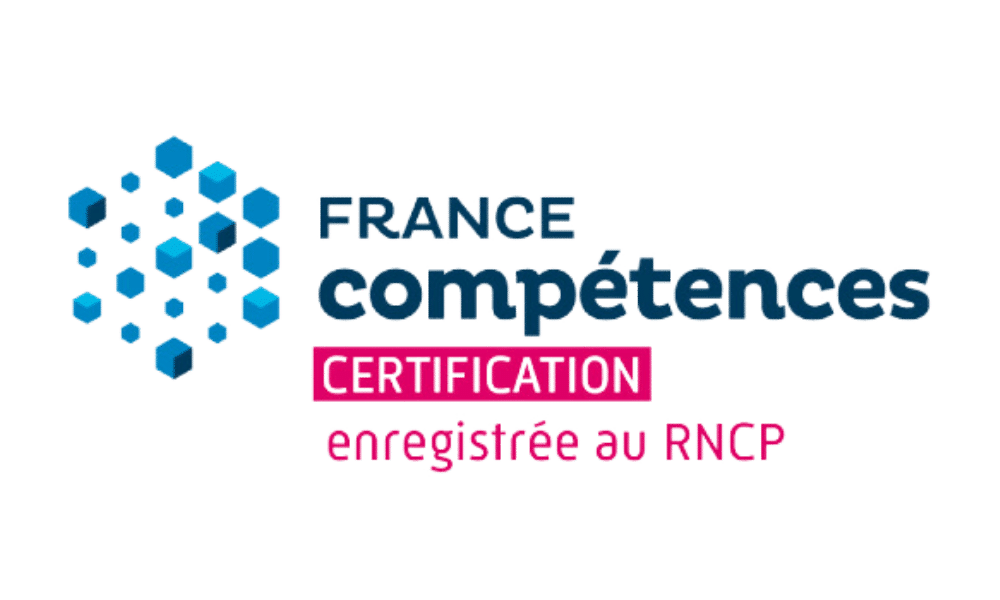
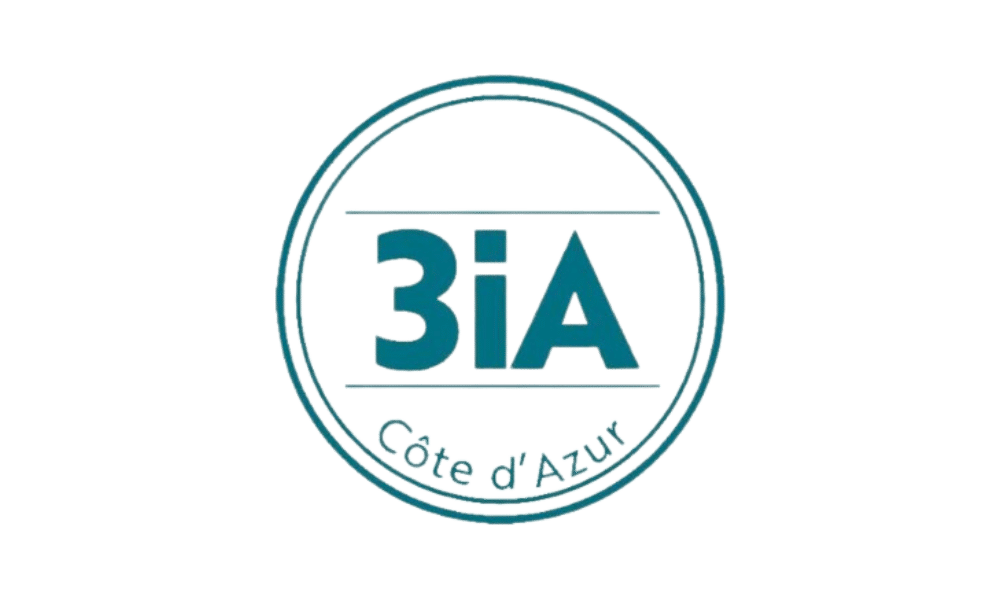
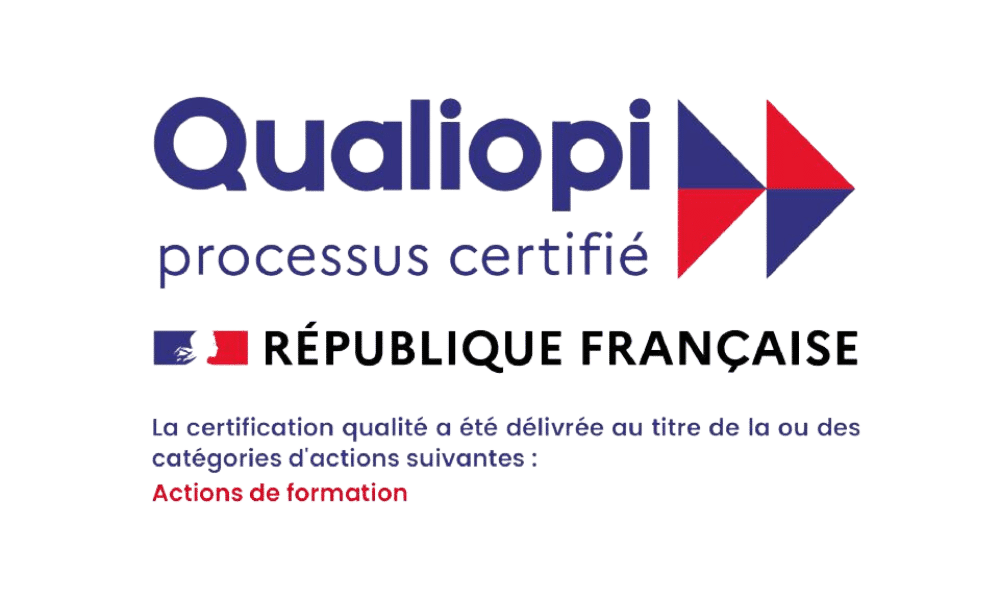
Voici les principaux objectifs du programme de l’Applied MSc in Data Analytics:
Ce programme vise à développer un esprit analytique fort pour une prise de décision claire et fondée sur la science.
Améliorez votre profil de 'data analyst' en acquérant des compétences uniques dans diverses 'database technologies' .
Gagnez en compétence en 'machine learning' pour 'predictive analysis', avec des applications pratiques.
Maîtrisez les principaux logiciels de données grâce aux certifications industrielles.
Améliorez votre compréhension du 'IT Project Management' et des aspects éthiques de la gestion des big data.
Le programme Applied MSc in Data Analytics donne droit à 120 ECTS en validation totale. Cela comprend 520 heures de cours (90 ECTS), avec 75 heures de DSTI Warm Up pour les compétences techniques, et 40 heures de sessions de soutien. Enfin, des stages ou un apprentissage (30 ECTS) permettent d’acquérir une expérience pratique en ‘data analytics’.
Tout cours et/ou bloc de cours/compétences (unité d’enseignement) validé(s) au regard des modalités du contrôle des connaissances constitue automatiquement une validation partielle, avec les crédits ECTS associés.
24-31
Tranche d’âge moyenne
80%
d’étudiants internationaux
5+
projets pratiques
2
certifications internationales obligatoires pour obtenir le diplôme
DSTI propose l’Applied MSc in Data Analytics en deux modes : ‘Formation initiale‘ et ‘Formation continue‘

La formation initiale est conçue pour les étudiants de moins de 30 ans qui sortent de l’école ou de l’université et les prépare à devenir des professionnels compétents en matière de données. Vous avez le choix entre deux options : temps plein ou temps partiel (apprentissage).
Pour les débutants en Data Analytics, nous suggérons le mode Plein-temps de 2 ans avec des options pour deux stages liés aux données, le second étant obligatoire.
Le mode alternance combine travail et études à temps partiel, ouvert uniquement aux étudiants de l’UE ou à ceux qui ont un visa de long séjour en France. Lisez les détails avant de postuler.
Destinée aux professionnels âgés de 30 ans ou plus, la formation continue permet de concilier l’évolution de la carrière et les engagements professionnels. C’est parfait pour ceux qui ont une expérience pertinente ou une formation technique, elle permet de suivre l’Applied MSc in Data Analytics sur le campus ou en ligne.

Dans le cadre de l’apprentissage accéléré, les étudiants terminent les cours en neuf mois environ, puis effectuent un stage de six mois ou trouvent un emploi dans le domaine de la data, ce qui permet de réduire le délai de mise sur le marché.
SPOC est idéal pour les étudiants qui concilient études et travail régulier. Les cours, réalisé entre 15 et 36 mois grâce à des conférences enregistrées, peuvent être complétés par des sessions en ligne en direct si disponibles. La durée du cours est flexible en fonction des besoins de l’étudiant.
DSTI propose une formule ‘Alternance à temps partiel‘ ou ‘Contrat de Professionnalisation‘. Cette option est idéale pour les personnes de plus de 30 ans, les francophones et les citoyens de l’UE/EEE ou les titulaires de visas de long séjour en France.
DSTI provides warm-up courses for the Applied MSc in Data Analytics, ensuring all students, regardless of their background, start with equal understanding of data analysis potential.
A comprehensive module that covers mathematical foundations, big data processing, machine learning, statistical analysis, and semantic web technologies for data analytics.
This course covers the basic notions of Applied Mathematics required to study optimisation and then data science: calculus, linear algebra and complex numbers.
A course that introduces the fundamentals of descriptive statistics, probability theory, and their applications using R programming language for data analysis.
This course teaches how to import, manipulate, transform, visualise, explore, and model very large datasets in R, with a focus on selecting the best data structures for optimal performance.
A hands-on course that teaches data cleaning and preparation, data structures using pandas and numpy, visualizing data with matplotlib, implementing machine learning algorithms using sci-kit-learn and deep learning with Keras in Python.
A course that covers representing and querying web-rich data using RDF and SPARQL, introducing semantics in data using RDFS and ontologies, and tracing and following data history using VOiD, DCAT, and PROV-O.
A module covering various aspects of database management, including data wrangling with SQL, data warehousing and ETL, building data pipelines, and exploring NoSQL databases such as Neo4j and MongoDB.
A course that covers the fundamentals of relational databases, advanced SQL queries, stored procedures, triggers using T-SQL, dynamic SQL, and their applications with Microsoft SQL Server for data wrangling and manipulation.
A course that covers the design and implementation of a data warehouse, structuring an Extract, Transform, Load process, and their applications using Microsoft SQL Server in stand-alone and cluster deployments.
A course that provides preparation for the Neo4j certification, covers graph-based problem modelling, and implementation with the Neo4j graph database for NoSQL data management.
A course that covers the fundamentals of MongoDB databases, collections, and documents, advanced MongoDB queries and aggregations, MongoDB data architecture, and their applications using MongoDB and Robo3T for NoSQL data management.
A course that covers XML data flow, DTD and schemas, XSL transformations, JSON, and their transformations, and how to build efficient and scalable data pipelines.
A module that covers various aspects of data management and visualisation, including advanced Excel techniques for data analytics and machine learning, CRM data management, data and machine learning visualisation ecosystem, and reporting and visualisation tools.
A course that covers advanced Excel formulas, data visualisation techniques, PowerPivot, Solver, and Visual Basic for Application programming, and their applications for data analytics and machine learning.
A course that covers the data visualisation and machine learning ecosystem, with a focus on tables and machine learning using SAS Viya.
Global approach to modelling – design-independent analysis methodology and model – Formal and semi-algorithmic data model design methods.
A course that covers the preparation for the analyzing Data with Microsoft BI (PL-300) certification and its applications in reporting and data visualisation.
A course that covers the preparation for the Microsoft Power Platform Functional Consultant (PL-200) certification, and its applications in Customer Relationship Management (CRM) data management.
A module that covers IT project management using PMP-PMI and Agile approaches, as well as exploring data laws and regulations, and the philosophies, geopolitics, and ethics involved in data analytics.
The course covers the principles and frameworks of data privacy and security, including EU & USA regulations, GDPR, Safe Harbour & Successors, and the differences between common law and code law.
Best practices for project management, being in waterfall cycle, agility or just-in-time. Study of PMBOK (Project Management Body Of Knowledge) and Agile (Scrum) approaches
After each course, students get 1-2 weeks for review, with support sessions available for queries. Professors answer doubts in these sessions, ensuring individual attention from DSTI.
Pour rester à jour face aux évolutions dans le monde des données, les étudiants doivent se préparer pour quatre certifications internationales, dont deux sont obligatoires pour terminer le Applied MSc in Data Analytics.
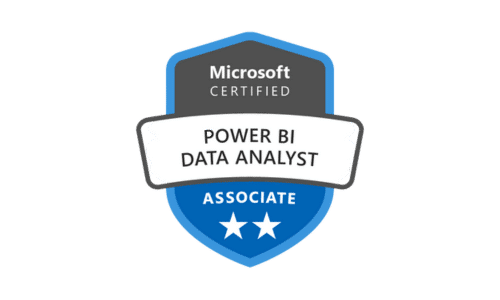
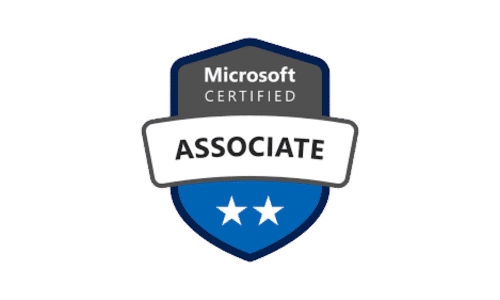
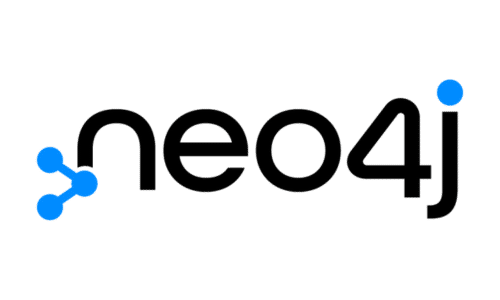
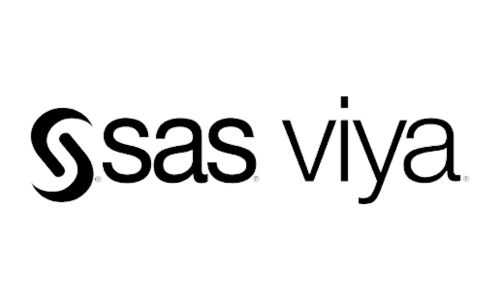
Voici certains des professeurs qui enseignent le Applied MSc in Data Analytics.

CEO et Professeur
Sebastien Corniglion est le CEO et fondateur de Data ScienceTech Institute. Il est un professionnel accompli dans le domaine de la data et détient un doctorat en Marketing et Technologies de l’Information de l’Université Côte d’Azur.

Professeur
Hanna Abi Akl est un scientifique renommé, auteur et chercheur dans les domaines de la langue, de la logique et de l’intelligence artificielle. Son expertise réside dans la structure du langage ainsi que dans les méthodes de récupération de connaissances symboliques et basées sur des graphiques en IA.

Azure pour l’Éducation fournit aux étudiants des logiciels Microsoft, des outils de développement et des ressources cloud pour l’apprentissage et les projets, y compris un bon de 100$.
O’Reilly est une plateforme offrant du contenu de qualité pour une étude efficace. Elle propose plus de 60 000 livres, 30 000 heures de vidéo, des événements en direct et des laboratoires interactifs couvrant le cloud computing, l’architecture logicielle, les langages de programmation, l’apprentissage automatique et plus encore.
SAS Viya est un outil pour la gestion des données, le développement de modèles et le déploiement d’insights. Chaque étudiant reçoit une licence de base pour l’apprentissage et la réalisation de projets.
Moodle offre aux étudiants un accès complet à leurs études : notifications, emplois du temps, cours, examens, sessions en direct, enregistrements de cours et soumissions de projets.
Une ressource qui permet aux étudiants de poser des questions ou de demander de l’aide pour des tâches académiques, professionnelles ou administratives. Les étudiants peuvent également revoir les réponses à tout moment si nécessaire.
Tous les étudiants de DSTI bénéficient d’un accès permanent à une adresse email d’ancien élève et reçoivent des licences Microsoft Windows et Office 365.
L’Applied MSc in Data Analytics à DSTI prépare les étudiants à des carrières prometteuses dans le monde axé sur les données. Un impressionnant 97% de nos étudiants reçoivent des offres de stage en seulement 6 mois. De plus, 2 étudiants sur 3 reçoivent des offres CDI grâce à nos programmes d’Apprentissage et Contrat Pro.
97%
des étudiants obtiennent une offre de stage dans les 6 mois
+ 1 000€
Indemnité mensuelle moyenne
88%
des étudiants trouvent des stages en Europe
45k €
Salaire de départ moyen
1 600 €
en moyenne par mois pour une alternance
1 950 €
en moyenne par mois pour un Contrat Pro
2/3
des étudiants reçoivent des offres en CDI
+ 50%
des étudiants signent leurs contrats via DSTI.
Le processus d’admission à DSTI (School of Engineering) est une initiative inclusive, visant à offrir à chaque candidat méritant une chance juste et équitable. Cette procédure d’admission, clairement définie, est applicable à l’ensemble de nos programmes d’études.
Veuillez noter qu’au niveau des Applied MSc, DSTI ne pratique pas d’admission parallèle pour entrée directe en deuxième année.
Pour être éligible aux programmes Applied MSc de DSTI, les candidats doivent répondre aux critères suivants :
Les candidats doivent avoir étudié les mathématiques au lycée ou posséder une qualification équivalente.
Les candidats doivent avoir obtenu un diplôme de licence de 3 ou 4 ans ou équivalent d’une université reconnue.
DSTI propose trois façons pour les étudiants potentiels de démontrer leurs qualifications académiques. Les étudiants ne peuvent soumettre qu’un seul type de dossier académique parmi les trois options fournies. Cependant, la soumission de preuves de plus d’une qualification mentionnée ci-dessous améliorera vos chances d’admission.
Option 1: Notes minimales + Certificat de licence
Pour être pris en compte pour le programme de MSc Appliqué, les candidats doivent obtenir au moins les notes suivantes ou leurs équivalents : USA – GPA 2.0 ; Allemagne – 3.5 ; France – 12 ; Royaume-Uni – 2:2 (2ème classe, division inférieure) ; Inde – CGPA 6.5 ou classe supérieure de deuxième classe ; Chine – 67%.
Option 2: test d’admission standard + Certificat de licence
Pour maintenir la qualité des candidatures, nous apprécions les scores des tests standardisés. Pour le GRE, visez un minimum de 155 dans la section quantitative et un score total moyen proche de 300. Pour le GMAT, visez un score minimum de 42, avec un score total moyen approchant 600.
Option 3 : Examen d’entrée DSTI en ligne + Certificat de licence
Si les critères ci-dessus sont inaccessibles, envisagez de passer l’examen d’entrée DSTI en ligne depuis chez vous. Tout ce dont vous avez besoin est un ordinateur et une connexion internet stable. L’examen comprend deux sections: Mathématiques et Informatique.
Comme tous les cours sont enseignés en anglais, les étudiants doivent avoir un niveau B2 en anglais. DSTI évaluera la maîtrise de l’anglais lors de l’entretien d’admission.
Pour renforcer une candidature, les étudiants peuvent soumettre leurs scores IELTS ou TOEFL.
Les étudiants de DSTI doivent disposer d’un ordinateur portable Windows PC, et non d’Apple Mac, avec ces spécifications :
Au moins Intel Core i5 (ou équivalent AMD)
Minimum 8 Go, mais 16 Go recommandé
Minimum 512 Go, 1 To recommandé.
SSD préféré, mais un système à double lecteur avec SSD de 128 Go / 256 Go + disque magnétique de 512 Go ou 1 To est une bonne alternative.
Si seulement magnétique, il doit être au moins 7200 tr/min, pas 5400 tr/min.
NVIDIA préféré, mais pas essentiel
Toute version de Windows.
DSTI fournira une clé Windows 10 Professional lorsque les cours commenceront.
N’achetez pas MS Office 365; DSTI fournira une clé de licence lorsque les cours commenceront.
La procédure d’admission pour Data ScienceTech Institute (DSTI) est un processus rigoureux qui offre une chance équitable à tous les candidats éligibles.
Pour commencer votre candidature, parcourez nos différents programmes de Applied MSc pour trouver celui qui vous convient le mieux. Prenez un rendez-vous en ligne avec notre équipe pour obtenir des conseils et vérifier les frais de scolarité de chaque programme.
L’inscription se fait en ligne, et nous évaluons votre admissibilité. Vous devrez télécharger les documents habituels: une pièce d’identité, un CV et une lettre de motivation.
Après l’évaluation de la candidature initiale, DSTI invitera les candidats pour une suite du processus. Les candidats doivent fournir des documents spécifiés dans l’Option 1 ou 2. Si ces derniers ne sont pas disponibles, l’Option 3 peut être choisie.
Option 1: Relevés de notes et certificat de diplôme
Option 2: Tests standardisés et certificat de diplôme
Option 3: Examen d’entrée DSTI en ligne et certificat de diplôme
Si votre candidature est retenue, vous serez invité à passer un entretien d’admission de 20 minutes pour confirmer votre intérêt, votre adéquation avec les cours et votre maîtrise de l’anglais.
Si vous êtes admis, vous recevrez une décision officielle d’admission par email.
DSTI – School of Engineering
Ecole privée d’enseignement supérieur
Leader en data et IA en France, DSTI propose un programme de « Applied Bachelor » à RNCP 6 (niveau licence). Nos programmes « Applied MSc » détiennent une accréditation RNCP 7 (niveau master). De plus, les programmes Applied MSc DSTI sont labellisés par 3IA Cote d’Azur (Université Côte d’Azur) pour et détient une certification Qualiopi RNQ, affirmant l’excellence des processus qualité de l’établissement (télécharger le certificat Qualiopi).



DSTI School of Engineering a formé des partenariats stratégiques et des affiliations avec plusieurs organisations clés, notamment AWS, SAS, Microsoft, Arts et Métiers et 3iA Côte d’Azur. Ces partenariats sont essentiels car ils nous aident à maintenir notre programme à jour et nos ressources actualisées. Grâce à ces partenaires, nous sommes mieux équipés pour soutenir nos étudiants alors qu’ils font progresser leurs carrières dans la data.
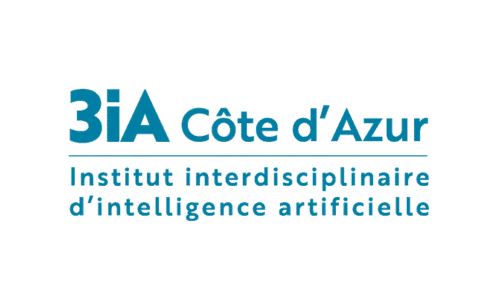

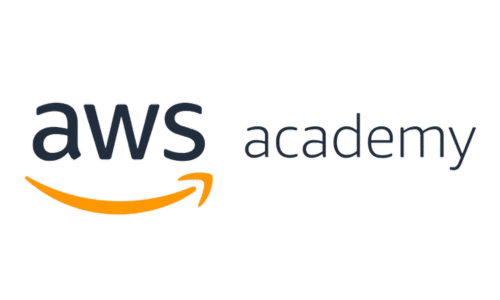
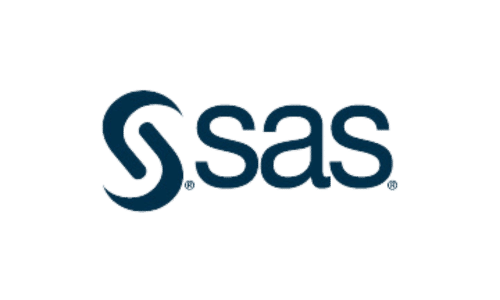

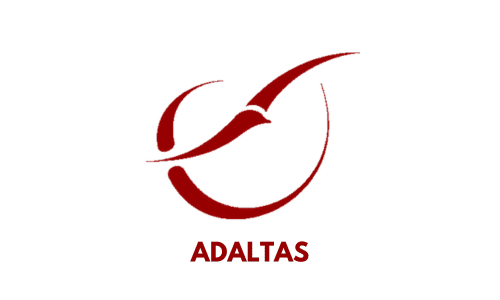
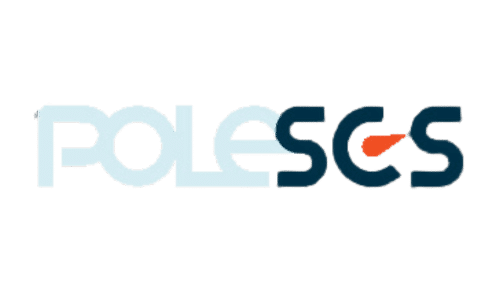
950 Route des Colles
Les Templiers
06410 Biot (Sophia-Antipolis)
Alpes-Maritimes, France
4 Rue de la Collégiale
75005 Paris
Île-de-France, France
+33 (0) 489 412 944
© 2024 Tous droits réservés.
At DSTI, we provide one-on-one online meetings with prospective students. Here we answer all their questions regarding our Applied Bachelors and Applied MSc courses.
At DSTI, we organize online group meetings where we share valuable information about our selection of Applied Bachelors and Applied MSc courses in data and AI.
DSTI organizes online group meetings to provide information about our range of Applied Bachelor and Applied MSc programs in data and AI.
Every Wednesday from 2PM to 6PM CEST, DSTI’s Paris Campus hosts an open day for all, no appointment necessary. Inquiries regarding admission, courses or other related topics are welcomed. We are delighted to provide answers to your questions.
| Les frais de scolarité sont applicables pour les sessions d’automne 2024 et de printemps 2025 | Applied MSc in Data Analytics | Applied MSc in Data Engineering for Artificial Intelligence | Applied MSc in Data Science Artificial Intelligence | Applied MSc in Cybersecurity |
| Frais de scolarité total | 18,700 € | 18,700 € | 18,700 € | 25,000 € |
| Frais de scolarité annuels | 9,350 € | 9,350 € | 9,350 € | 12,500 € |
*Pas de frais de scolarité pour les étudiants en mode apprentissage.

Want a career in data and AI? Download the DSTI’s Applied MSc in Data Analytics Curriculum to find out how!
Chez DSTI, nous organisons des rencontres individuelles en ligne avec les futurs étudiants. Ici, nous répondons à toutes leurs questions concernant nos cours de ‘Applied Bachelors’ et ‘Applied MSc’.
Chez DSTI, nous organisons des réunions de groupe en ligne où nous partageons des informations précieuses sur notre gamme de cours de Applied Bachelor et Applied MSc en données et IA.
DSTI organise des réunions de groupe en ligne qui fournissent des informations sur notre gamme de programmes de ‘Applied Bachelor’ et de ‘Applied MSc’ en données et IA.
Chaque mercredi de 14h à 18h CEST, le campus de DSTI à Paris organise une journée portes ouvertes pour tous, sans rendez-vous nécessaire. Les questions concernant l’admission, les cours ou d’autres sujets connexes sont les bienvenues. Nous sommes ravis de répondre à vos questions.

Vous souhaitez une carrière dans la data et l’IA? Téléchargez le programme de l’Applied MSc in Data Analytics de DSTI pour découvrir comment !